In an era where sustainability is at the forefront of consumer consciousness, Patagonia’s Worn Wear program has emerged as a leader in promoting second-hand fashion and responsible consumption. This groundbreaking initiative not only extends the life of clothing but also reduces the environmental footprint of the fashion industry. By offering high-quality second-hand gear, Worn Wear embodies Patagonia’s commitment to sustainable fashion and sets a powerful example for other brands to follow.
In this article, we’ll explore how Worn Wear supports sustainable fashion, its impact on second-hand gear, and why programs like this are essential for a greener future.
1. What is Worn Wear?
Worn Wear is Patagonia’s innovative program aimed at extending the lifecycle of its products. Through repair, trade-in, and resale services, the initiative allows customers to:
- Repair Gear: Fix worn or damaged items, keeping them functional for years.
- Trade In Clothing: Exchange gently used Patagonia gear for store credit.
- Shop Pre-Owned: Purchase second-hand Patagonia items at a discounted price through the Worn Wear website.
The goal is simple yet powerful: reduce waste, encourage reuse, and create a circular economy within the fashion industry.
2. How Second-Hand Gear Contributes to Sustainable Fashion
The fashion industry is one of the largest polluters in the world, with fast fashion driving massive waste, resource depletion, and greenhouse gas emissions. Second-hand gear, like that sold through Worn Wear, plays a crucial role in addressing these issues:
Extending Product Lifespan
By repairing and reselling items, Worn Wear keeps clothing in circulation longer, reducing the demand for new products and the resources needed to produce them.
Minimizing Textile Waste
Millions of tons of clothing end up in landfills each year. By giving old gear a second life, Worn Wear helps divert items from landfills and reduces environmental pollution.
Lowering Carbon Footprint
Producing new clothing requires significant energy and resources. Second-hand gear eliminates the need for new manufacturing, reducing carbon emissions and water usage.
3. The Benefits of Buying Second-Hand with Worn Wear
Shopping second-hand isn’t just good for the planet—it also offers a range of benefits for consumers:
High-Quality Gear at a Lower Cost
Patagonia’s commitment to durable, long-lasting products means that even pre-owned items maintain their performance and quality. Worn Wear allows consumers to access this premium gear at a fraction of the price.
Eco-Friendly Shopping
Every purchase from Worn Wear is a step toward sustainable fashion. By choosing second-hand, consumers actively participate in reducing waste and supporting a circular economy.
Unique Finds
From vintage Patagonia designs to limited-edition items, Worn Wear offers a treasure trove of unique pieces that might not be available in retail stores.
4. Encouraging a Culture of Repair and Reuse
One of Worn Wear’s standout features is its emphasis on repair. Patagonia has made it easy for customers to fix their gear through:
- In-House Repairs: Patagonia’s repair centers handle thousands of items annually, fixing everything from broken zippers to ripped fabric.
- DIY Repair Guides: Free online tutorials empower customers to handle minor fixes themselves, fostering a do-it-yourself mentality.
- Mobile Repair Stations: Worn Wear repair vans travel across the country, offering free fixes and spreading awareness about sustainable fashion.
This focus on repair not only reduces waste but also encourages customers to see value in their belongings and resist the urge to replace items prematurely.
5. Worn Wear’s Impact on the Fashion Industry
Patagonia’s Worn Wear program is setting a precedent for other brands to adopt more sustainable practices. Here’s how:
Promoting Circular Economy Models
Worn Wear is a practical example of how brands can transition from a linear “take-make-dispose” model to a circular one, where products are reused and recycled.
Inspiring Industry Change
Worn Wear has sparked conversations about sustainability in fashion, inspiring other companies to launch similar programs. Brands are beginning to see the value in offering repair services and resale options.
Educating Consumers
Through Worn Wear, Patagonia is educating its customers about the environmental impact of their purchasing decisions and empowering them to make more sustainable choices.
6. How to Get Involved with Worn Wear
Interested in supporting sustainable fashion through Worn Wear? Here’s how you can participate:
- Trade In Your Gear: Bring your gently used Patagonia items to participating stores or send them in online.
- Shop Second-Hand: Explore the Worn Wear online store for high-quality, pre-loved Patagonia gear.
- Repair Your Items: Use Patagonia’s repair services or DIY guides to fix your gear and keep it in use.
By taking part in Worn Wear, you’re contributing to a more sustainable future while enjoying the quality and performance of Patagonia products.
7. The Future of Second-Hand Fashion
As consumers increasingly prioritize sustainability, the demand for second-hand fashion is expected to grow. Worn Wear is at the forefront of this movement, demonstrating that pre-owned gear can be stylish, functional, and eco-friendly.
By embracing programs like Worn Wear, we can collectively reduce the environmental impact of the fashion industry and create a culture that values quality, longevity, and sustainability.
Final Thoughts
Patagonia’s Worn Wear program is more than just a way to buy second-hand gear—it’s a movement that challenges the fast-fashion mindset and promotes a more sustainable way of living. Through repair, reuse, and responsible consumption, Worn Wear proves that second-hand fashion can be a powerful tool for environmental change.
Whether you’re a seasoned Patagonia fan or new to the brand, Worn Wear offers an opportunity to shop sustainably, reduce waste, and invest in durable, high-quality clothing. Together, we can redefine the future of fashion and build a world where second-hand is the first choice.
-
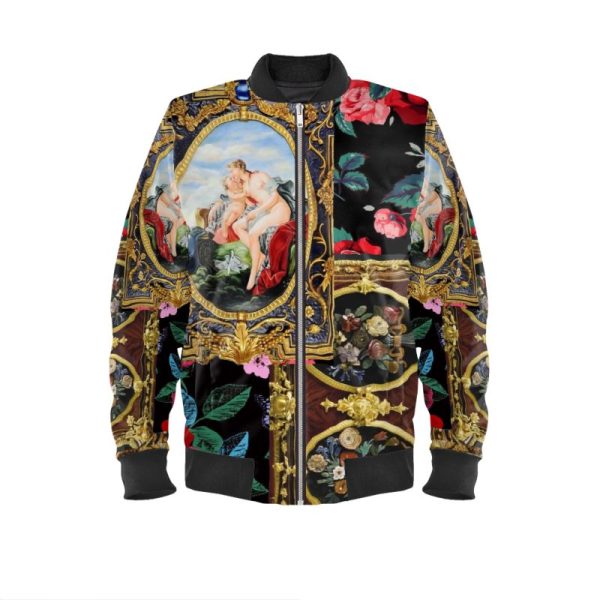 Satin Designer Bomber Jacket$448
Satin Designer Bomber Jacket$448 -
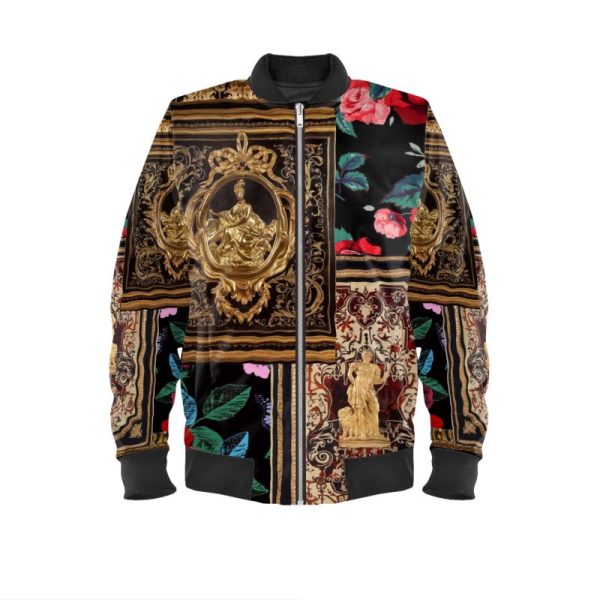 Satin Designer Bomber Jacket$448
Satin Designer Bomber Jacket$448 -
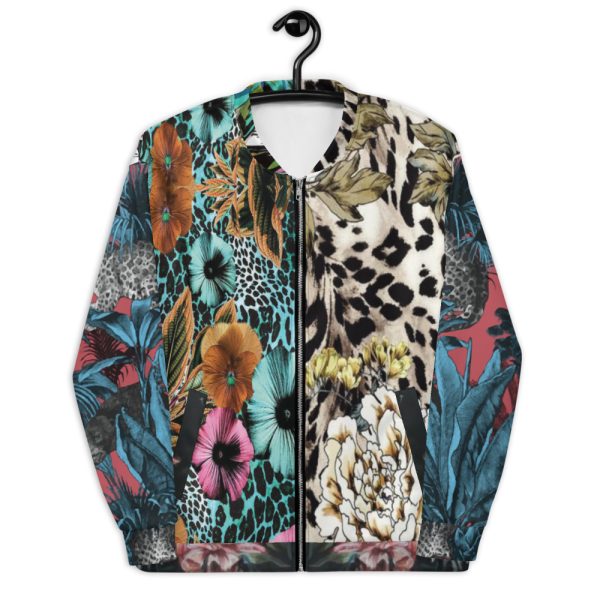 Bomber Jacket | Designer Luxury For Women & Men | Navy Blue Floral Red Turquoise$158
Bomber Jacket | Designer Luxury For Women & Men | Navy Blue Floral Red Turquoise$158 -
 Bomber Jacket | Designer Luxury For Women & Men | White Gold$158
Bomber Jacket | Designer Luxury For Women & Men | White Gold$158 -
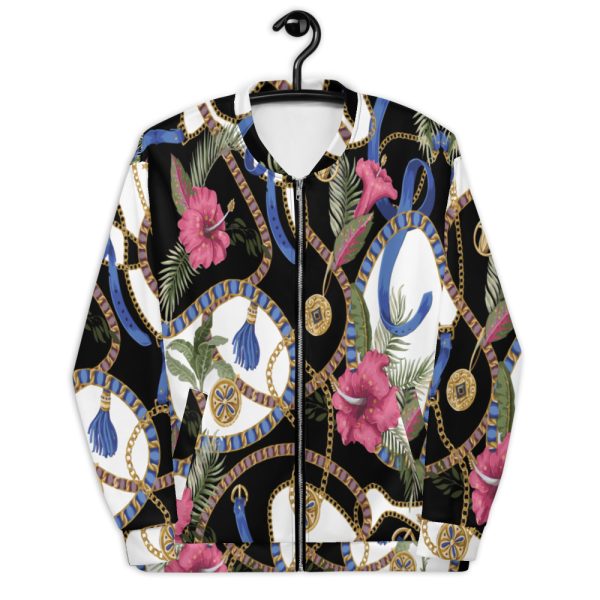 Bomber Jacket | Designer Luxury For Women & Men | Floral White Black$158
Bomber Jacket | Designer Luxury For Women & Men | Floral White Black$158 -
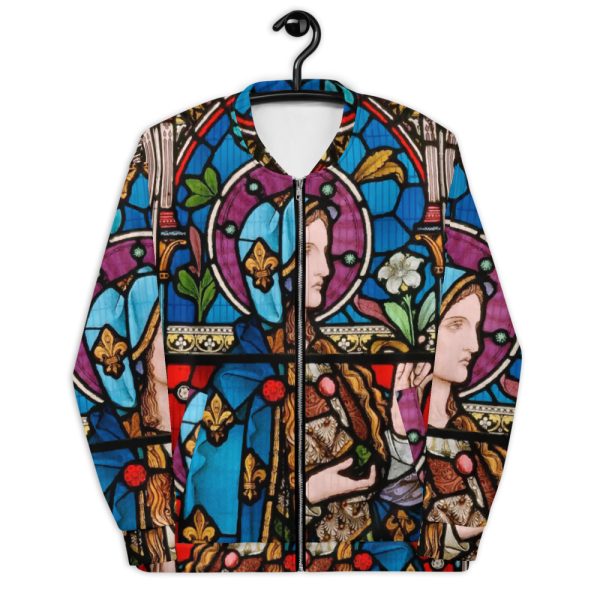 Bomber Jacket | Designer Luxury For Women & Men | Blue Purple Gold$158
Bomber Jacket | Designer Luxury For Women & Men | Blue Purple Gold$158 -
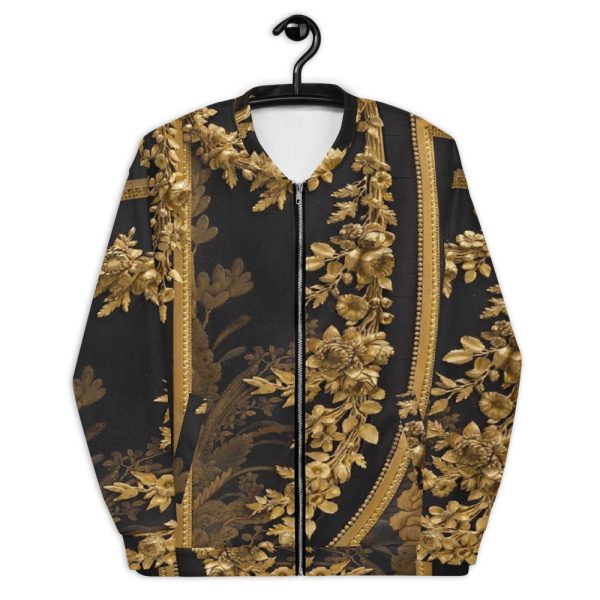 Bomber Jacket | Designer Luxury For Men & Women | Black Gold Baroque$158
Bomber Jacket | Designer Luxury For Men & Women | Black Gold Baroque$158 -
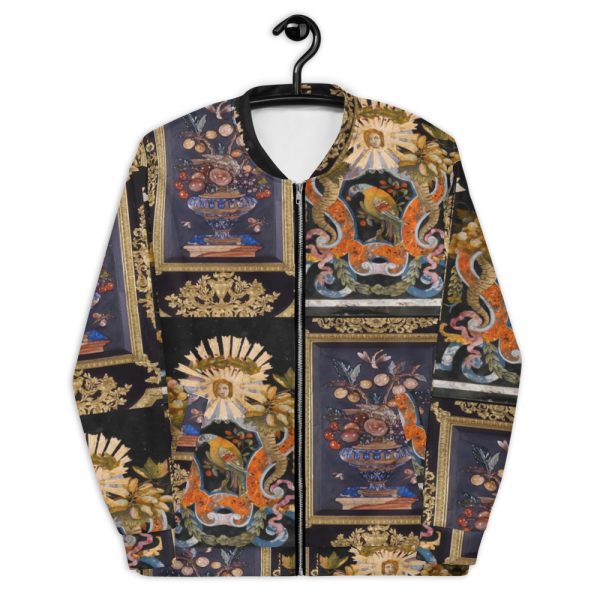 Bomber Jacket | Designer Luxury For Women & Men | Black Gold$158
Bomber Jacket | Designer Luxury For Women & Men | Black Gold$158 -
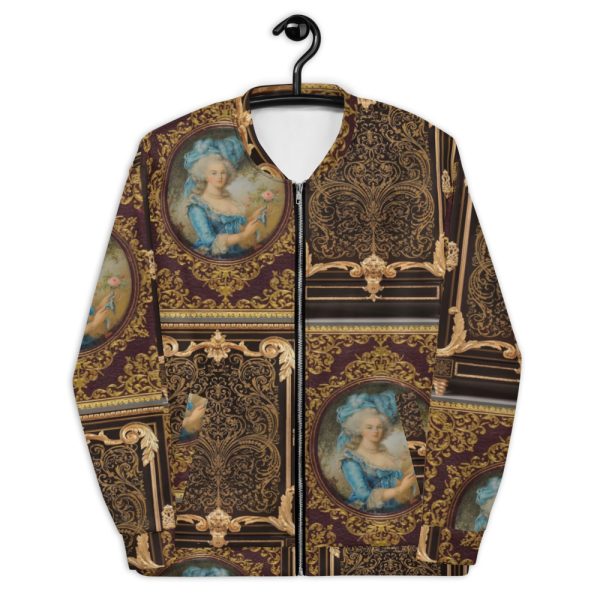 Bomber Jacket | Designer Luxury For Women & Men | Gold$158
Bomber Jacket | Designer Luxury For Women & Men | Gold$158
